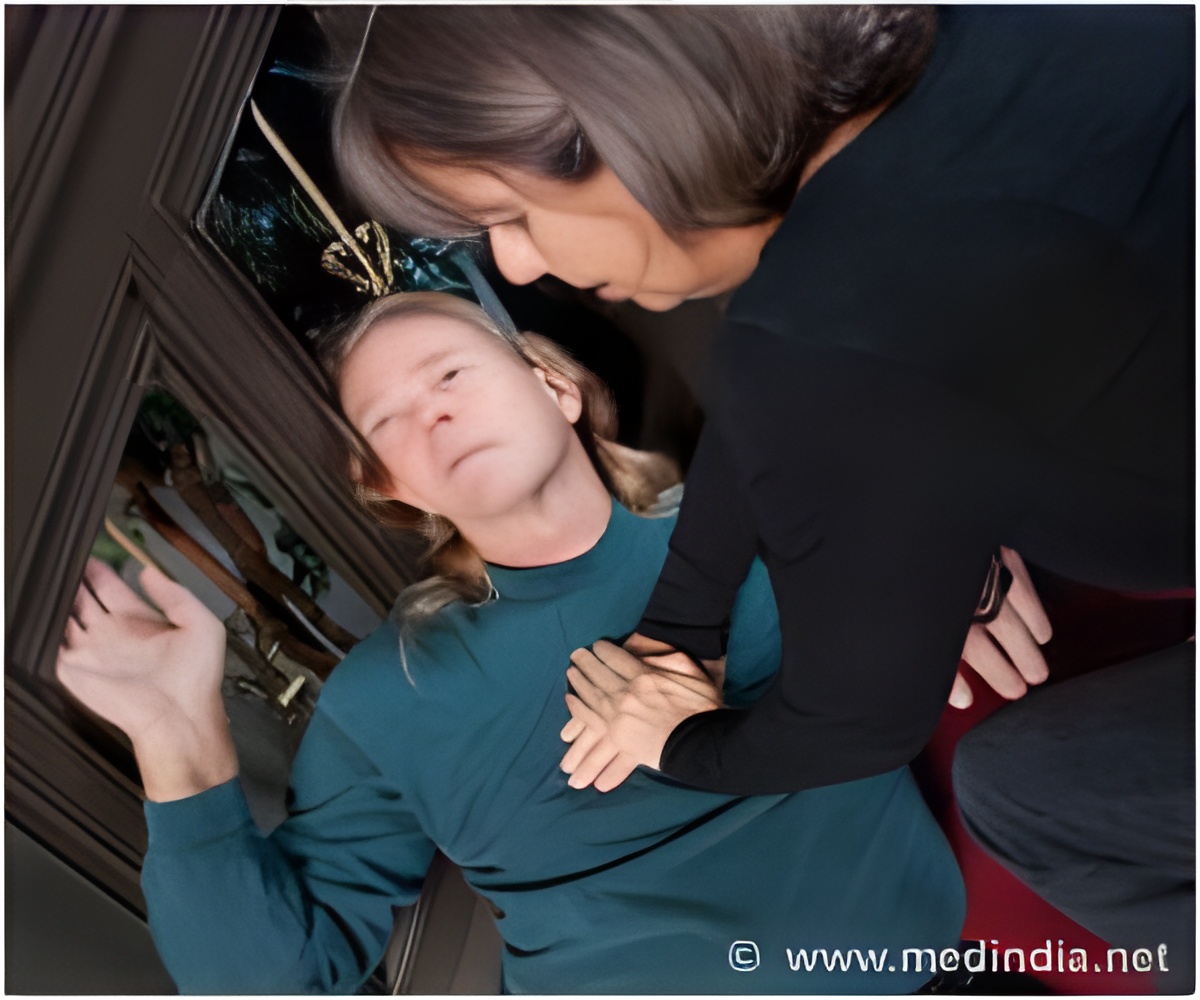Clonidine – a drug that reduces blood pressure and heart rate – increased rates of clinically concerning hypotension and non-fatal cardiac arrest after noncardiac surgery.

The study's findings caught researchers by surprise. The earlier POISE-1 study found that beta blockers greatly reduced risk of heart attack during and after non-cardiac surgery, but increased risk of devastating strokes and mortality. In POISE-2, researchers used low-dose clonidine, which smaller studies had suggested would provide the heart-protecting benefits of beta-blockers without increasing stroke risk. (POISE-2 also examined aspirin in this setting. Those results are presented separately at ACC.14.)
Patients at cardiovascular risk with a systolic blood pressure of at least 105 mm Hg and a heart rate of at least 55 beats per minute were randomly assigned to clonidine or placebo before inpatient surgery. The clonidine group (5,009 patients) was given 0.2 mg clonidine in tablet form before surgery and a skin patch that delivered the same dose daily for 72 hours after surgery. The placebo group (5,001 patients) was given matching tablets and patches.
Clonidine failed to improve the primary outcome of mortality and non-fatal heart attack at 30 days after randomization, with 365 events for clonidine and 339 for placebo. The clonidine group had a non-significant increase in the number of heart attacks (325 clonidine vs. 293 placebo), but two secondary measures were significant: clinically important hypotension was seen in 2,385 clonidine patients (48 percent) versus 1,854 placebo patients (37 percent), and 16 clonidine patients had non-fatal cardiac arrest versus five in the placebo group. Patients will be followed for one year.
"Clonidine should not be given to patients having non-cardiac surgery in an attempt to reduce perioperative mortality or heart attack," said Daniel I. Sessler, M.D., Michael Cudahy professor and chair of the Outcomes Research Department at the Cleveland Clinic and a study investigator. "If anything, it worsens the outcome, probably by reducing blood pressure." He speculated that clonidine didn't perform as expected because it caused hypotension out of proportion to its protective effect on heart rate.
All available information suggested that the POISE-2 drug, clonidine, would improve outcomes. "That it did not prove effective tells us that the perioperative setting presents unique challenges and will require special approaches," Sessler said.
Advertisement
Source-Eurekalert














